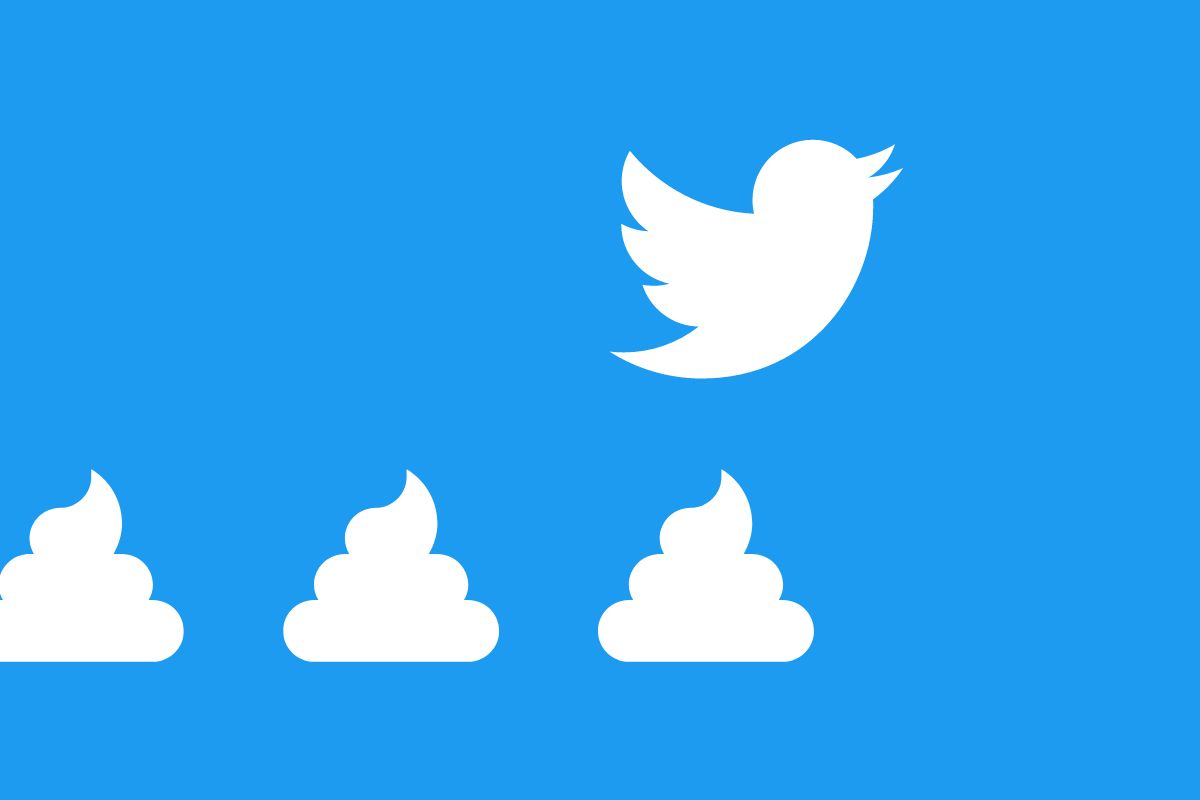Infamous Indie Author Has Misogynistic Meltdown Over a Bad Review

Another author has found themselves in hot water. J. M. Arlen, the author of Crystal Keepers, has some seriously sus tweets, but what else is new?
Arlen is an independent author whose works are self-published and available with one click on Amazon. However, he’s less known for his creative work and more for his Twitter rants—and his latest Twitter diatribe is dripping with misogyny and self-righteousness.
So what made him so upset?
A bad review.
Well, BookTuber Reads with Rachel reviewed Arlen’s Crystal’s Keepers and even put book #11 in her “My 12 Worst Reads of 2022” video. In Rachel’s original review, she admitted that she was incapable of reading past 25% of the book. Her most significant and perhaps most valid critique is the book comprising exposition with minimal action. In the room, the BookTuber describes the work as “like it was written by an eleven-year-old.”
While reviewing unfinished books is controversial in the online community, readers appreciate the transparency. If someone with similar reading tastes likes all the books you do, maybe you’ll also dislike the same books. As a bookseller, I found that knowing the books a customer disliked was as useful as knowing the books the reader enjoyed. Some people sometimes don’t want to read certain genres and tropes, so knowing if a book contains elements they don’t like could be helpful beforehand.
The reaction
Arlen’s reaction no doubt comes from his frustration with the lackluster reception of his fiction. It’s hard being an independent author, but it seems that the majority of the author’s work is written on Twitter. There are entire subreddit threads regarding the indie author’s infamous behavior.
That said, Arlen should not have gone through a misogynistic tirade just because someone didn’t complete his book. While Read With Rachel’s video contained critiques that were a jab at Arlen’s editing and writing, she did not mock his appearance, as he stooped to doing.
In response to Arlen’s tweets, a Twitter user said that the indie author was giving “little dick energy,” to which J.M. Arlen responded by saying the BookTuber has “Dry Pussy Energy.”
The misogyny of it all
Arlen seemed stuck in a cycle of fatphobic and sexist verbal insults. Many of these have been deleted since January 2nd, but many took screenshots. Regardless, there is still a plethora of vindictive tweets on Arlen’s Twitter.
This recent pattern of blatant misogyny is all over the internet. Look at the exchange between Andrew Tate and Greta Thunberg, which was brought up in relation. There’s a particular type of person on the internet who resorts to surface-level insults that do nothing except back up the tired social hierarchy.
Authors vs. reviewers
Rachel reacts to Arlen’s rants in a reaction video by suggesting some authors and reviewers should have professional boundaries: “Authors aren’t entitled to any one kind of feedback unless they paid for it. They are not entitled to the free labor of reviewers. The thought that I’m not entitled to boundaries is why J. M. Arlen felt that it was appropriate to act this way again and again.”
Rachel argues there’s a spectrum of bad behavior by authors that has her pushing for professional boundaries between authors and reviewers. One of the events Rachel cites as escalating behavior is Lauren Hough attacking reviewers who give her book 4.5 stars instead of 5. Another is an author stalking a reviewer and attacking them with a wine bottle.
In the age of the internet, where everyone has a platform, that doesn’t mean unchecked, baseless verbal attacks are the way to go, especially when there’s escalating aggression. All creators must come to terms with the fact that critiques, bashing, reviews, and parodies are part of the job. While it’s true sometimes reviewers are unnecessarily hurtful, reviews of a body of work will always exist. Bad reviews have a purpose, but doing the kindness of not tagging an author in harsh reviews would be a great professional boundary reviewers can take. Of course, that being said, authors should refrain from personally attacking reviewers (verbally or physically).
The animosity between writer and reviewer seems to be growing daily, even though one cannot exist the other.
(featured image: Twitter/Alyssa Shotwell)
Have a tip we should know? tips@themarysue.com